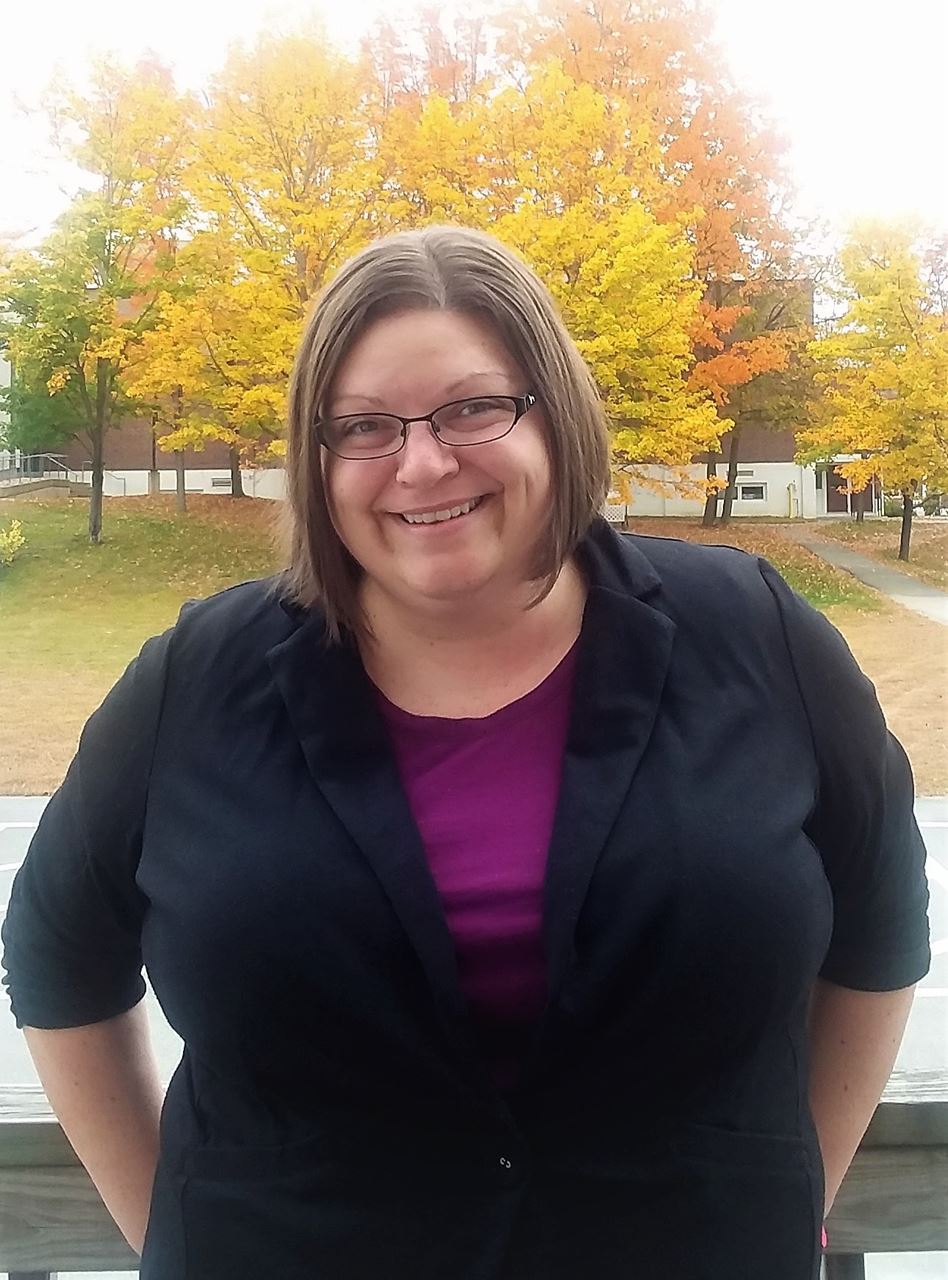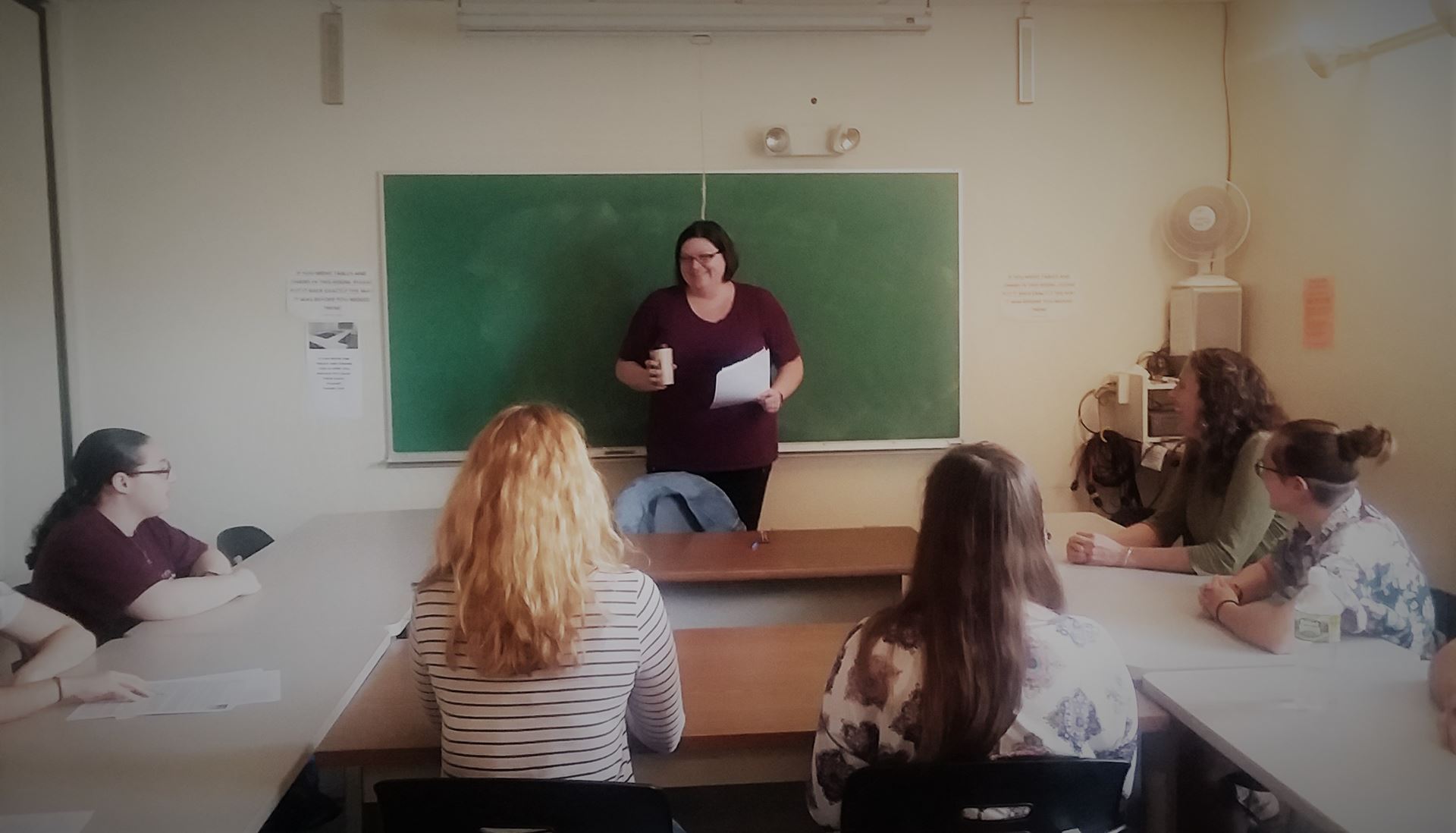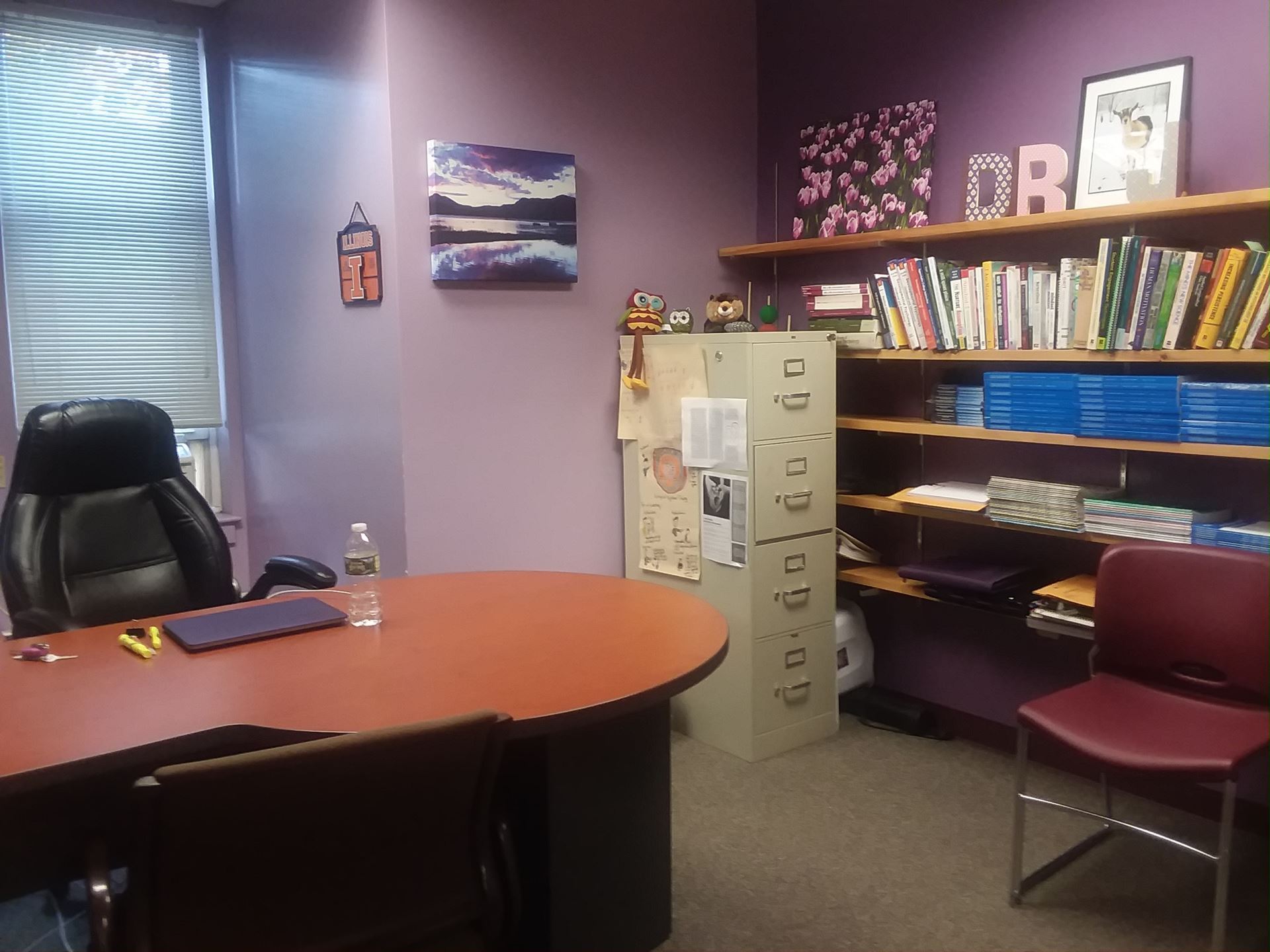 School name: University of Maine at Farmington
School name: University of Maine at Farmington
Type of school: public liberal arts college (~1700 students)
School locale: small town in rural Maine
Classes you teach: Child and Adolescent Development, Research Methods, Sophomore Seminar
Average class size: 15-30
What’s the best advice about teaching you’ve ever received?
My teaching mentor in grad school, Dr. David Zola, modeled “ways of being” in the classroom that have shaped my teaching practices. One of the things he believed was that students learn best when they are active. Even in large lectures, Dr. Zola would have students discuss and apply concepts with each other. The lecture hall would roar with the noise of many conversations and he would smile knowingly at his teaching assistants as if to say, “This is learning. This is the way you teach!”
What book or article has shaped your work as a psychology teacher?
Daring Greatly by Brene Brown is a book that has shaped how I live in and out of the classroom. The premise is that vulnerability, although often viewed as weakness, cultivates so many positive things in our lives. Putting yourself in front of a group of students in an authentic, open way can be a vulnerable position. But, the reward of seeing students grow and growing as a teacher makes the risk worth it.
Briefly tell us about your favorite lecture topic or course to teach.
My favorite course to teach is Research Methods. Every semester, the 15 students each develop their own research project. The questions they seek to answer are always very interesting. The course is different every semester because the projects the students choose are unique to them. Although the main content of research methods stays the same, the way we work to apply the concepts to each individual project changes and keeps the course exciting.
 Briefly describe a favorite assignment or in-class activity.
Briefly describe a favorite assignment or in-class activity.
In Child Development, during the prenatal portion of the class, we read and talk about innovations in conception and genetics. Each semester there are current events and news articles related to beginning of life issues. This semester we read about the 3-person embryo technique and about how scientists can create egg cells from stem cells. The new science is always changing and students seem very interested in keeping up to date.
What teaching or learning techniques work best for you?
I focus on how students can apply abstract concepts or theories to something in their own life. This is easy to do in a course like Child and Adolescent Development, where all students have direct experience with many of the ideas. I also try to have students apply information to their future personal or career lives (i.e., Why might a parent need to know about this theory? How might a teacher use this concept in a 3rd grade class?).
 What’s your workspace like?
What’s your workspace like?
The psychology building at UMF is an old church, complete with a steeple. The 8 psychology faculty are the only ones housed in this building, which also includes a small classroom and psychology student lounge. When I arrived 5 years ago, I was given the opportunity to choose a paint color for my office. I chose purple; the space feels warm and cozy. My large desk serves as both a workspace and a small group meeting space for my students and myself.
Three words that best describe your teaching style.
Goal-oriented, Collaborative, Relational
What is your teaching philosophy in 8 words or fewer?
Create learning goals. Develop relationships. Revise. Repeat.
Tell us about a teaching disaster (or embarrassment) you’ve had and how you dealt with the situation.
One day deep into the spring semester I walked into my Sophomore Seminar class and saw 12 exhausted faces staring at me. The goal for the day was to discuss and apply some of the theory from the reading about procrastination to our everyday lives. The irony of the topic (procrastination) was not lost on any of us. The semester had been full of short days (literally, Maine has less daylight in the winter), cold weather, and rampant flu-like illness. My students were exhausted, and I’d guess many of them hadn’t completed the reading. None of them looked energized for discussion. I tentatively began my planned class. Within 2 minutes, I could tell we weren’t in a learning frame of mind. I paused and considered how to correct our course. I acknowledged the exhaustion. I recognized the “human” in all of us. Then I made the suggestion that we walk the 3 blocks to downtown and grab some coffee. They were over the moon. We went downtown, got coffee at Dunkin’, and sat in the downtown gazebo casually discussing the reading for class. The biggest lessons I acquired: Learning doesn’t always happened as planned. Learning doesn’t always happen in the classroom. Cultivating relationships pays big dividends.
What is something your students would be surprised to learn about you?
My students might be surprised to learn that I’m an introvert at heart. Teaching is often an extroverted job. Whether I am enthusiastically getting up in front of groups of students or working to make individual connections in office hours, much of what I do at work revolves around social interactions. I think my students might be surprised to know that these interactions are not what “charges my battery.” Instead, I draw energy from lingering over a warm cup of tea with a book. Or, I find calm in my newest hobby-- sewing and quilting.
What are you currently reading for pleasure?
I commute 2 hours each day and so my “reading” for pleasure often comes in the form of audiobooks in my car. I vacillate between listening to fun popular fiction books (currently Crazy Rich Asians) and podcasts (like Psych Sessions Podcast co-hosted by Neufeld & Landrum).
What tech tool could you not live without?
I’m wracking my brain and habits on this one. The truth is I could live, and probably live better, without most of them. Many of the tech tools that we use on a daily basis actually facilitate our disconnection with others in the “real world.”
What’s your hallway chatter like? What do you talk to colleagues about most (whether or not it is related to teaching/school)?
Many of my colleagues are regularly in their office with doors open. We pop into each other’s spaces and discuss the hits and misses of our latest class. We talk about challenging moments or funny missteps in and out of the classroom. And more often, we discuss the latest news headline or the most recent tweet.
